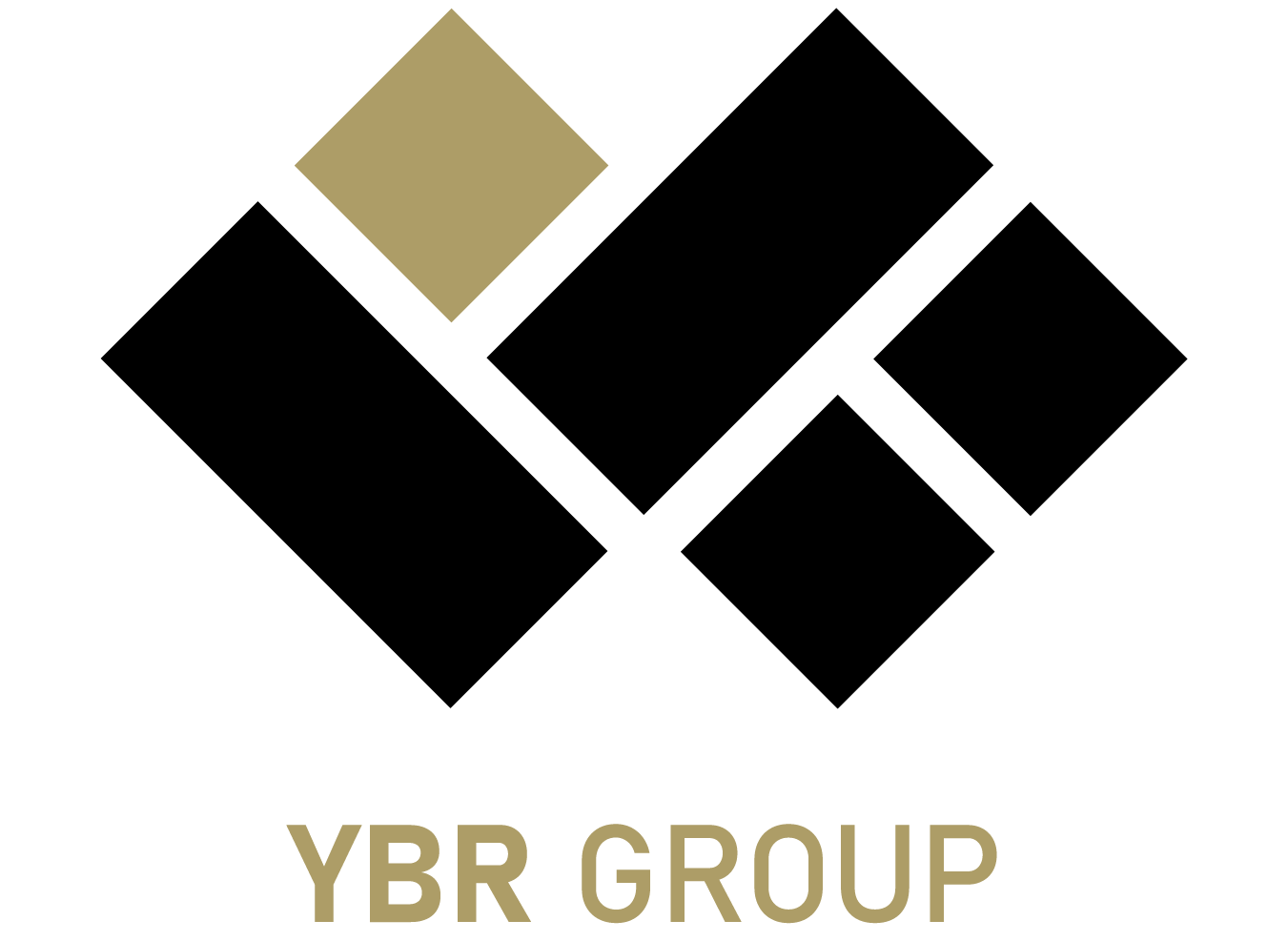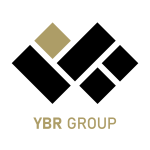
The image above was generated with the assistance of AI
Learning in the Flow
Learning in the flow refers to the process of acquiring new knowledge and skills while performing daily activities. It involves integrating learning seamlessly into business as usual processes, so that learners can acquire new information and skills in real-time, on the job. This approach to learning is gaining popularity as organisations recognise the benefits of upskilling their learners and enabling them to adapt to rapidly changing work environments. By integrating learning into the flow, learners can improve their performance, increase their productivity, and enhance their work life satisfaction. This approach also promotes a continuous learning culture for adults, where learners are encouraged to learn and grow throughout their life.
Informal learning as continuous learning
Urgency of daily tasks frequently compromise the importance of learning. What if we could make learning more a part of our day-to-day life? How can we integrate informal learning into the flow of life to drive learning?
Informal learning involves accessing, quickly and easily, an answer or a short piece of learning content while you are going about your life. Research shows that learning in the flow drives productivity, increases engagement with formal learning and improves knowledge retention.
How does this work in practice?
We believe that when individuals need information quickly, they turn to dependable friends or colleagues, respected experts, and trusted sources they can access with as little effort as possible and that provide the most succinct information. This is how we work today and support functions (e.g. IT and HR) support learners best by lowering the barrier to access well organised information.
Learning in the flow does not address capability building on its own; it is part of a system of deepening knowledge and skills and has a role to play in the “here and now” learning needs (‘knowledge surfacing’) as well as sustaining learning over time.
Success is when a “state” of learning is enabled by a vast list of enablers, and as such, its implementation is unique to the circumstances of each learning environment. Factors that make each implementation environment-specific are investment levels, technology, prioritisation criteria, content quality and learning culture.




